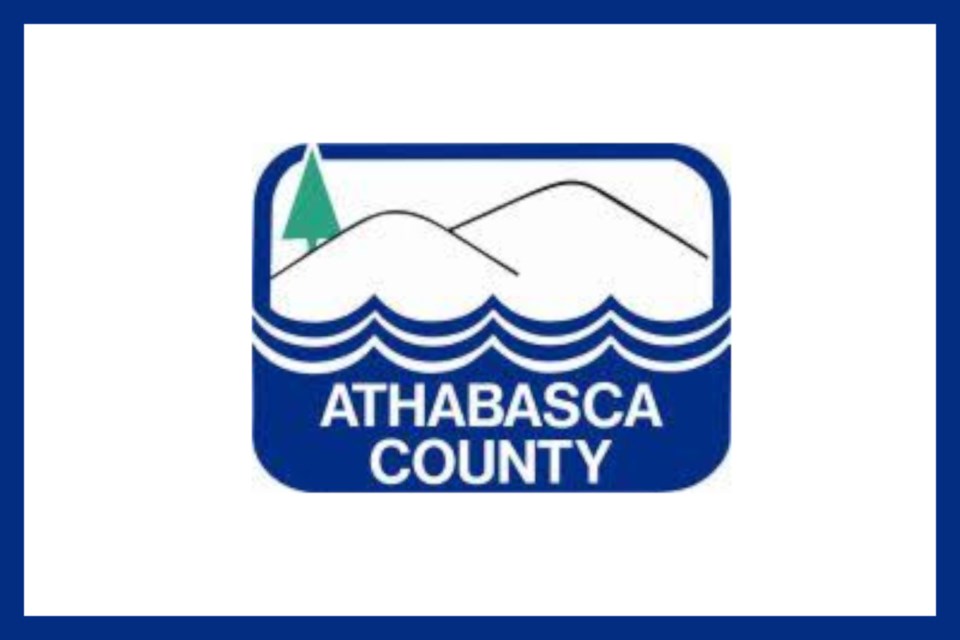ATHABASCA — Athabasca County is exploring the idea of divesting itself from the water business in the hope of finding efficiencies for the Aspen Regional Water Service Commission (ARWSC) and saving ratepayers money.
At the Sept. 28 regular county council meeting, reeve Brian Hall brought forward a request for proposal to determine if it is at all feasible for the county to turn the pipelines and bulk fill stations over to the ARWSC with little to no impact on their municipal partners.
“There’s no doubt the increase in water rates is going to impact many, many people,” Hall said later in an Oct. 9 interview.
The increase was necessary however, because council decided in budget deliberations to move toward cost recovery on the water and wastewater utility, which has been costing an average of $600,000 per year to the county, which has not been passed on to the end user.
"The discussion that went on around water rates occurred over many months,” he said. "I spoke to many, many people along the way and in all those conversations, the overwhelming majority of people agree that we had to get out of subsidizing water.”
Coun. Camille Wallach made the motion to direct administration to begin negotiations with ARWSC for the transfer of potable water distribution assets and delivery from the county.
"It's worth exploring whether there's some cost savings and some efficiency that can be gained by having the commission deliver water from the point where it takes it from the river to your tap,” said Hall.
Where all Town of Athabasca and Village of Boyle residents and businesses use water and create wastewater, only a select few in the county do the same in Colinton, Grassland, and Wandering River.
“Negotiating something like this, it has to be a win for everybody,” he said. “It has to make sense for the county residents, and it has to make sense for the commission and the other commission members.”
The ARWSC also must be willing to take on the infrastructure.
“I think there is some benefit to them in terms of it gives the commission custody of the water literally from the river to your tap,” he said. “To me that simplifies the process a little bit.”
It’s nowhere near being official, the county is just sending the balloon up to see if there’s a response, but saving $600,000 could quadruple it for other projects.
“If we were to take that money and apply it against infrastructure grants, where we’re matched three-to-one, your opportunity cost is $2.4 million worth of infrastructure repairs," said Hall. “Many people are quite aware we've got bridge infrastructure all across, top to bottom, in the county that need work.”
There are 80 bridges across the county below the standard they should be, some needing minor repairs and some, like the bridge near Colinton which is closed until it can be replaced.
“There will be challenges, but the long-term viability of the region matters, and there's going to be people who disagree with the choice the council has made to stop subsidizing water,” he said. “But not all decisions are easy, and I will continue to do my utmost to make the right decisions for our community. Not the easy ones.”



